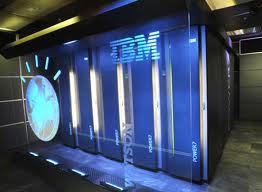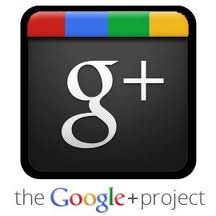Leo’s Brilliant, Mistimed, Cloudy Future.
Today there will be lots of stories written about Leo Apotheker’s plight at Hewlett-Packard. And of the HP board, and potential replacements for Mr. Apotheker. One lens I like to look through when doing strategic planning is the “history” lens. When viewed over time – a long time – will the company, product or leader have made a historic contribution? Typically, that means looking at strategy rather than tactics.
In Mr. Apotheker’s case, it is clear to me that his PR handlers were at fault. His moves to purchase Autonomy, shed the PC and tablet business, and stop investing in WebOS were historic moves — looking well beyond the dashboard. One might say, and say accurately, that when you put a software person in charge of a mixed media multinational, the road to the future is paved with software. Mr. Apotheker saw deteriorating PC sales, reduced profitability in services (the cloud is getting not only bigger, but smarter), and device manufacturing (especially sans Steve Jobs) under enormous cost pressures. Think device kudzu. Rather than stay and fight for integration of solutions hard and soft around his OS — which code-wise may not have been ready for primetime and perhaps at risk from new OS pushes by Microsoft and Apple — he decided to retrench with eye toward the future. Very ballsy.
The cloud is the future. Device complexity will reduce over time and when it does, the cloud, run by software, will become the electricity of business. And that is where Mr. Apotheker was going. Sadly, he had a lapse in judgment and bad guidance and announced it at the wrong time and inelegantly. Como se billions in lost shareholder value? Some strategies (read historic) are better left unannounced. Is that not so, Mr. Jobs? Peace.







